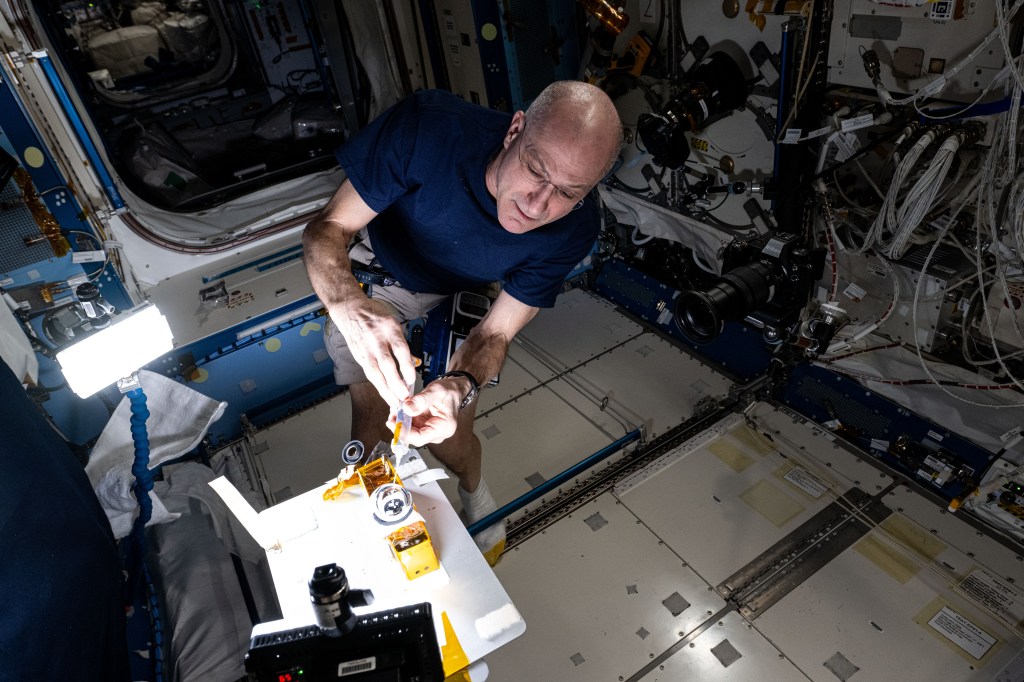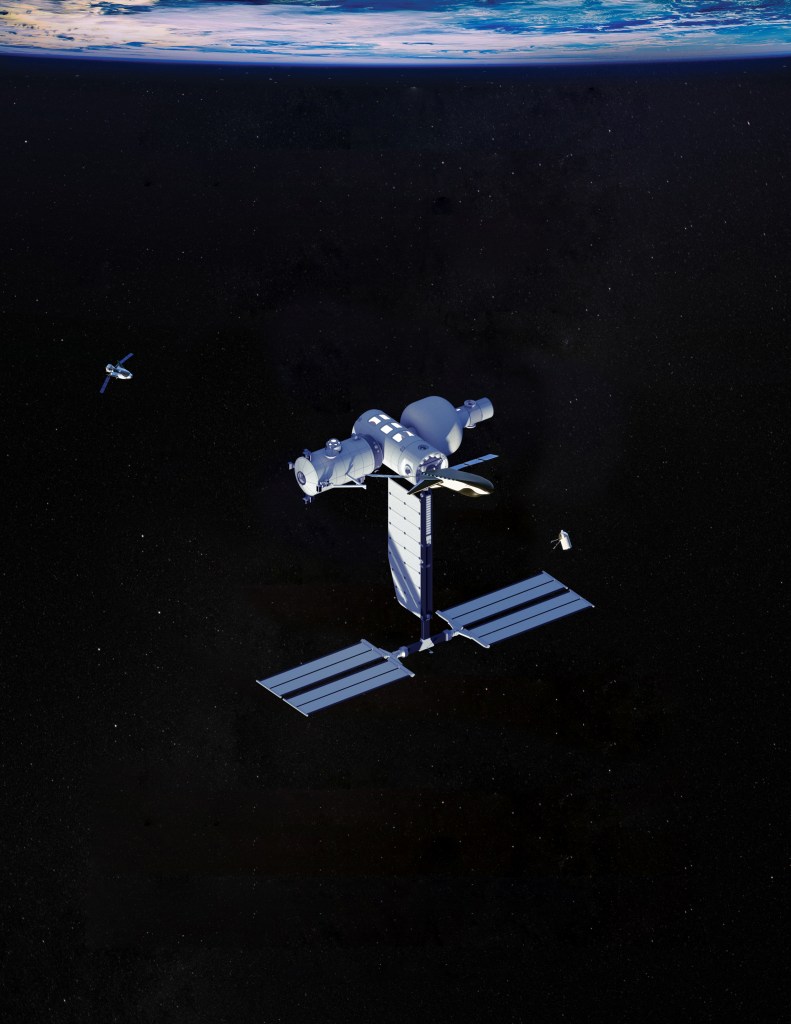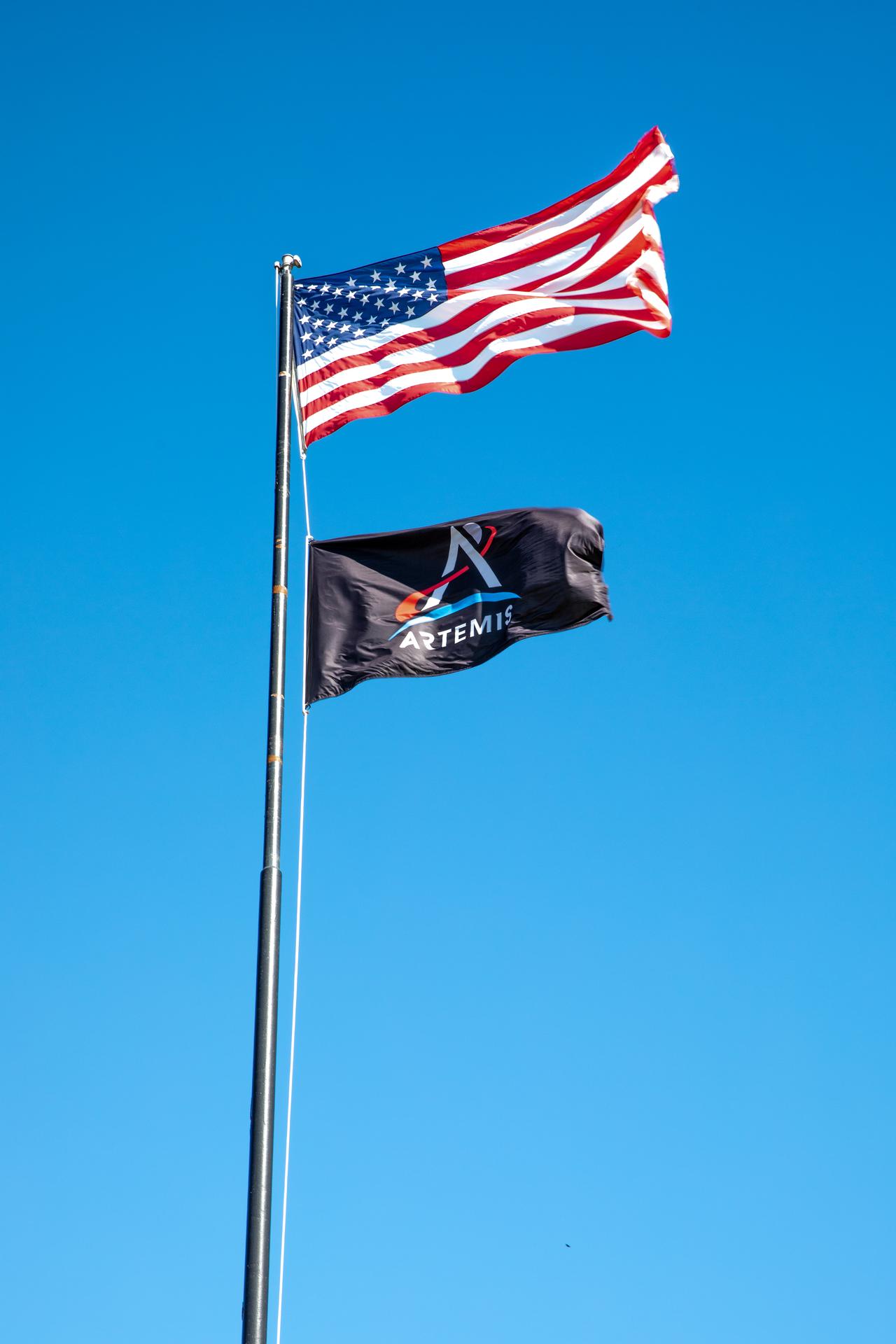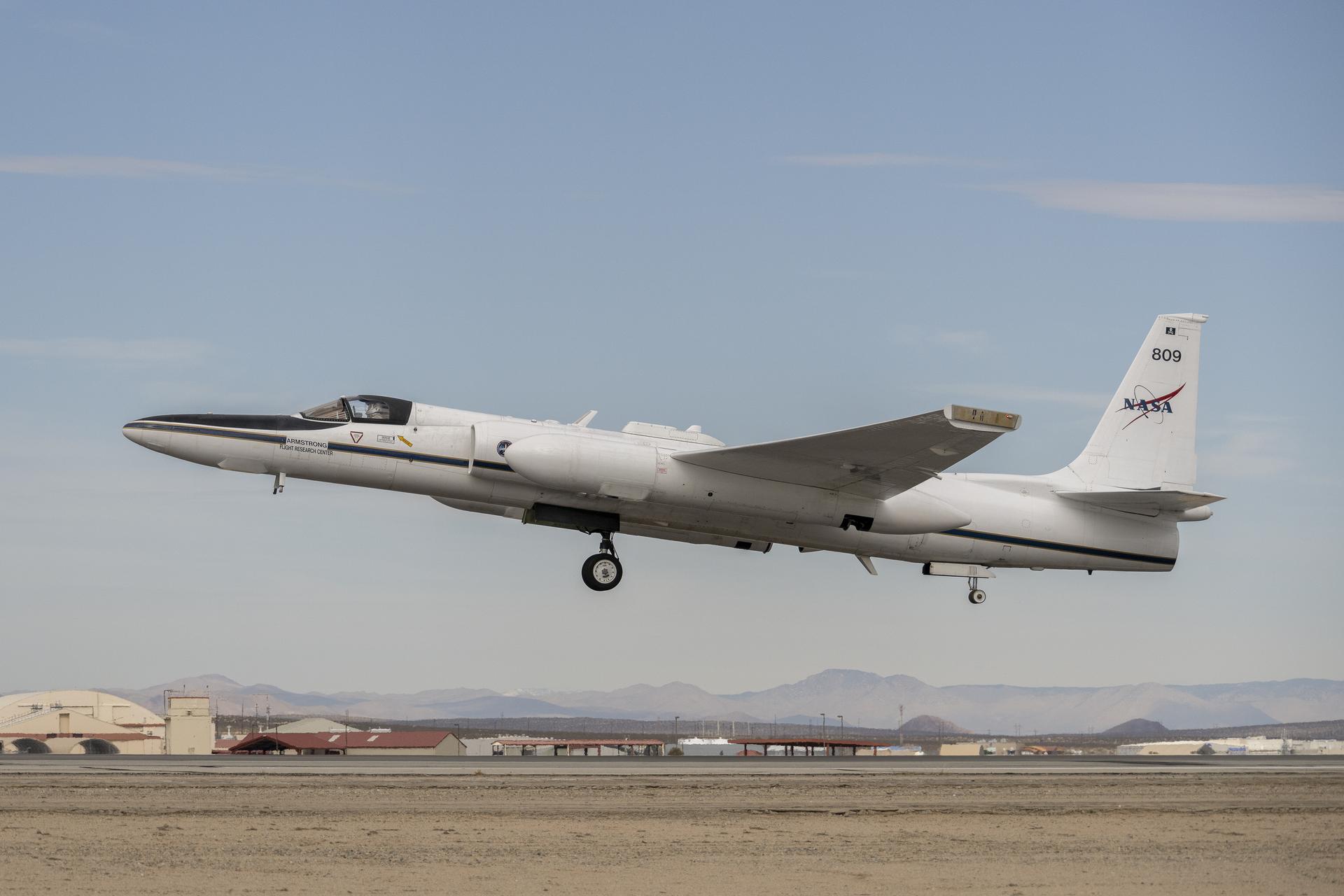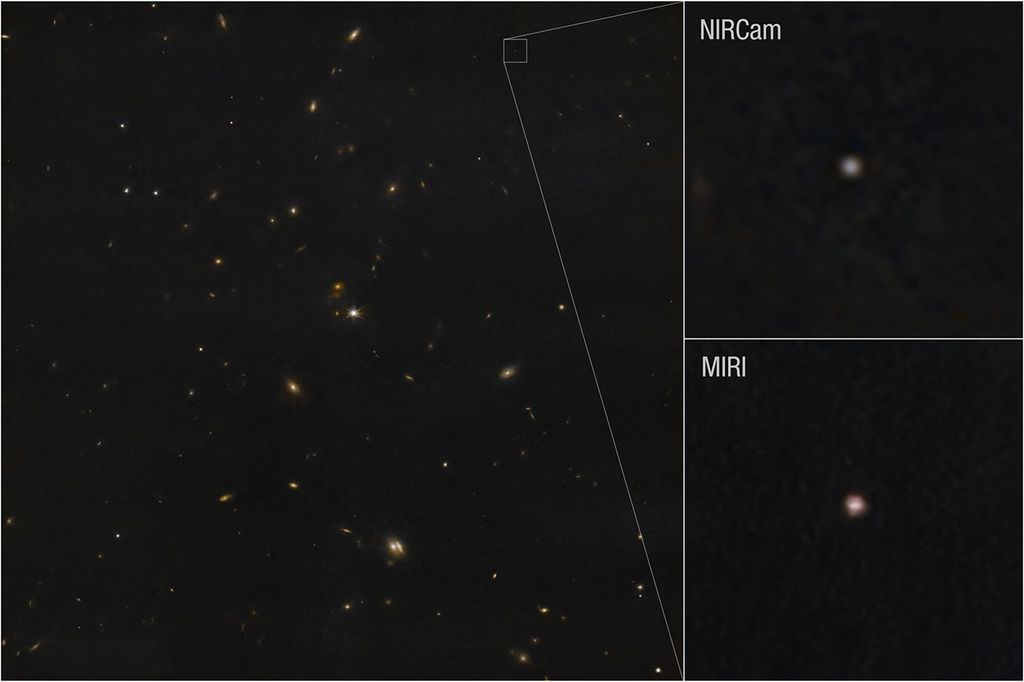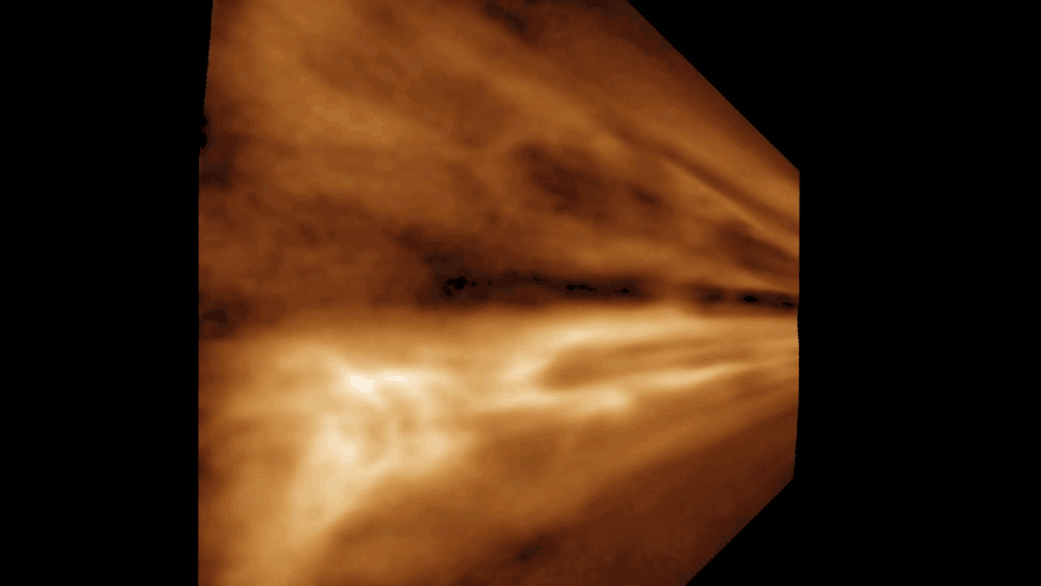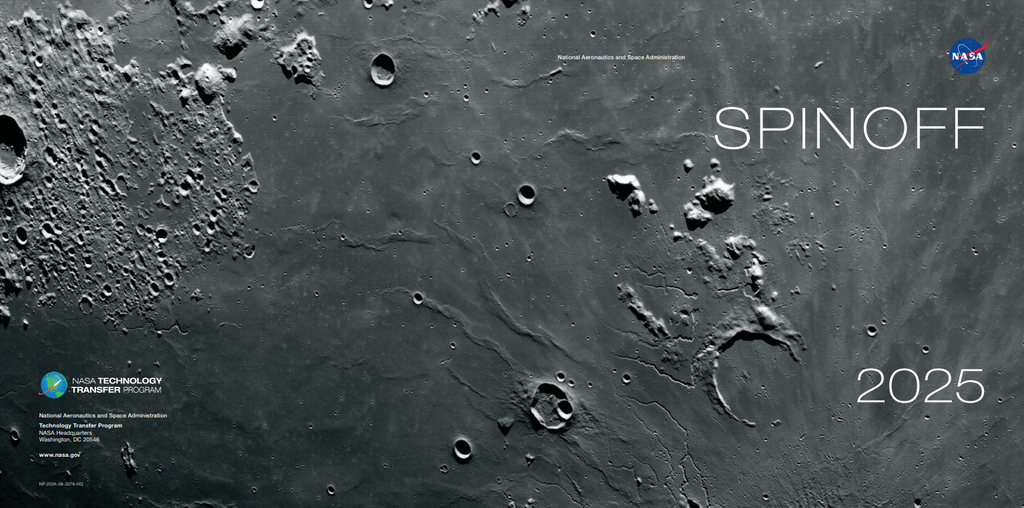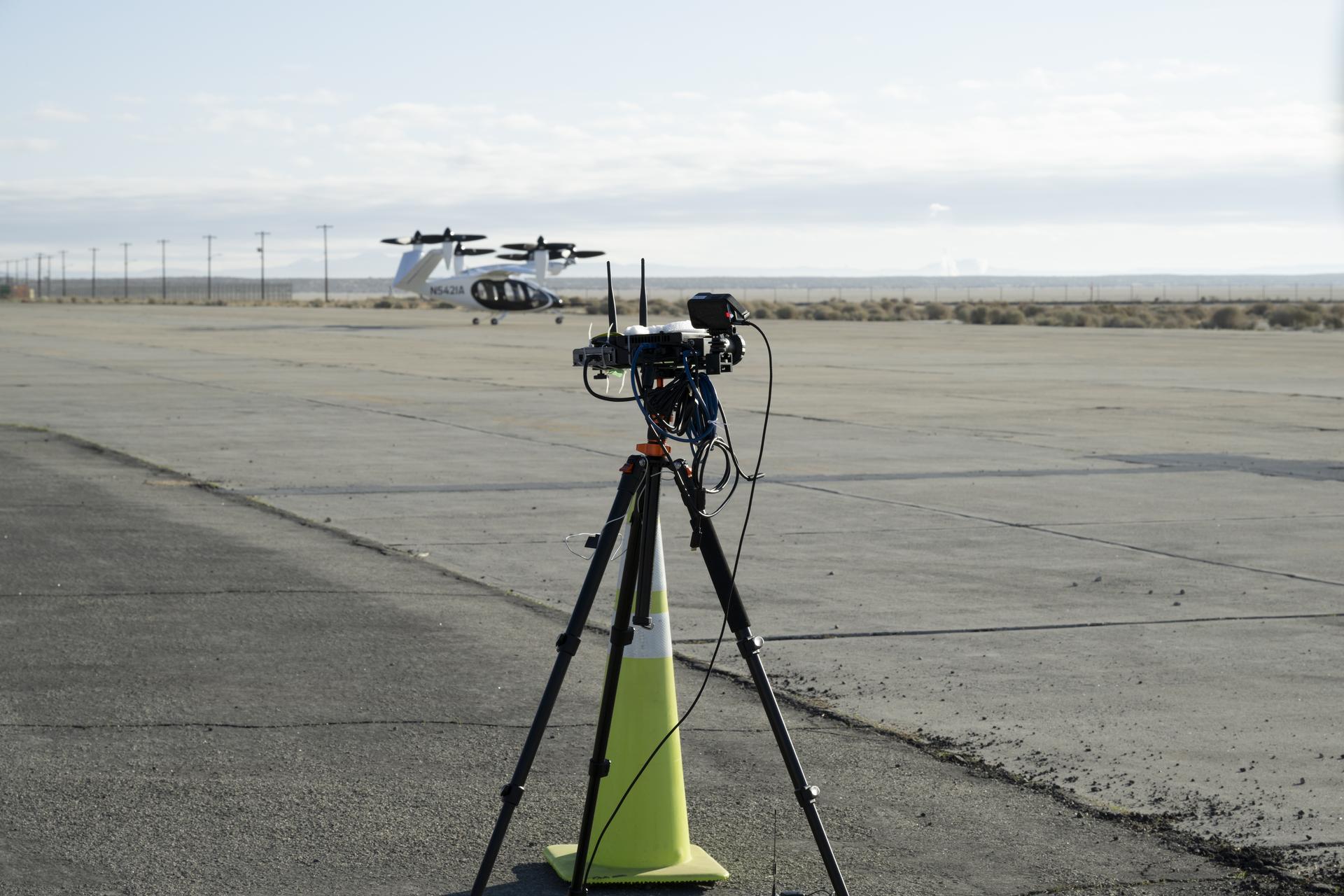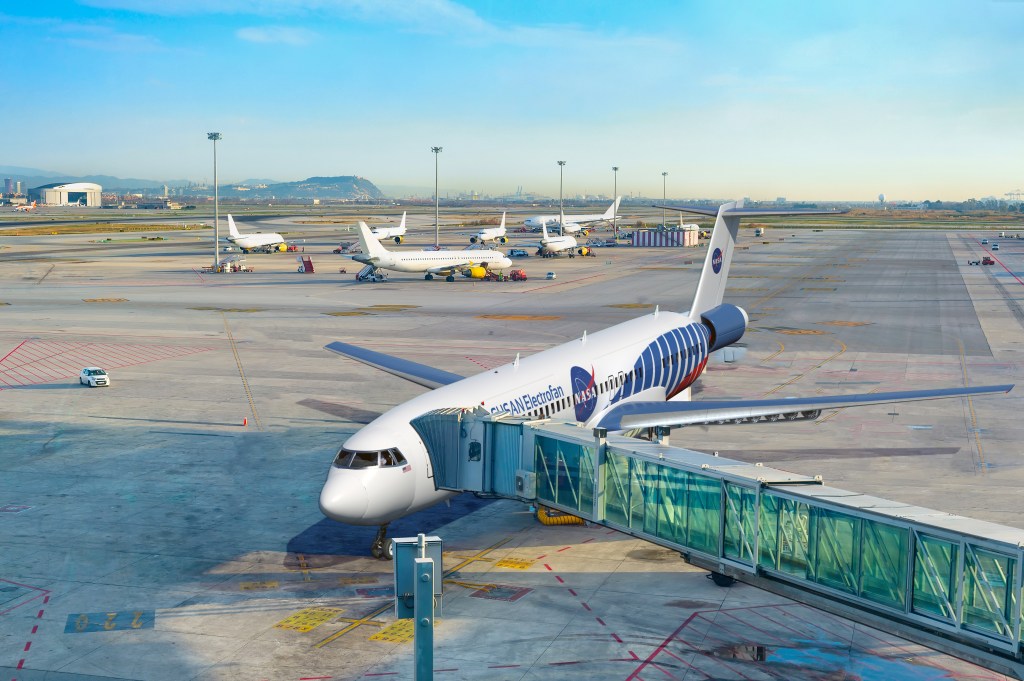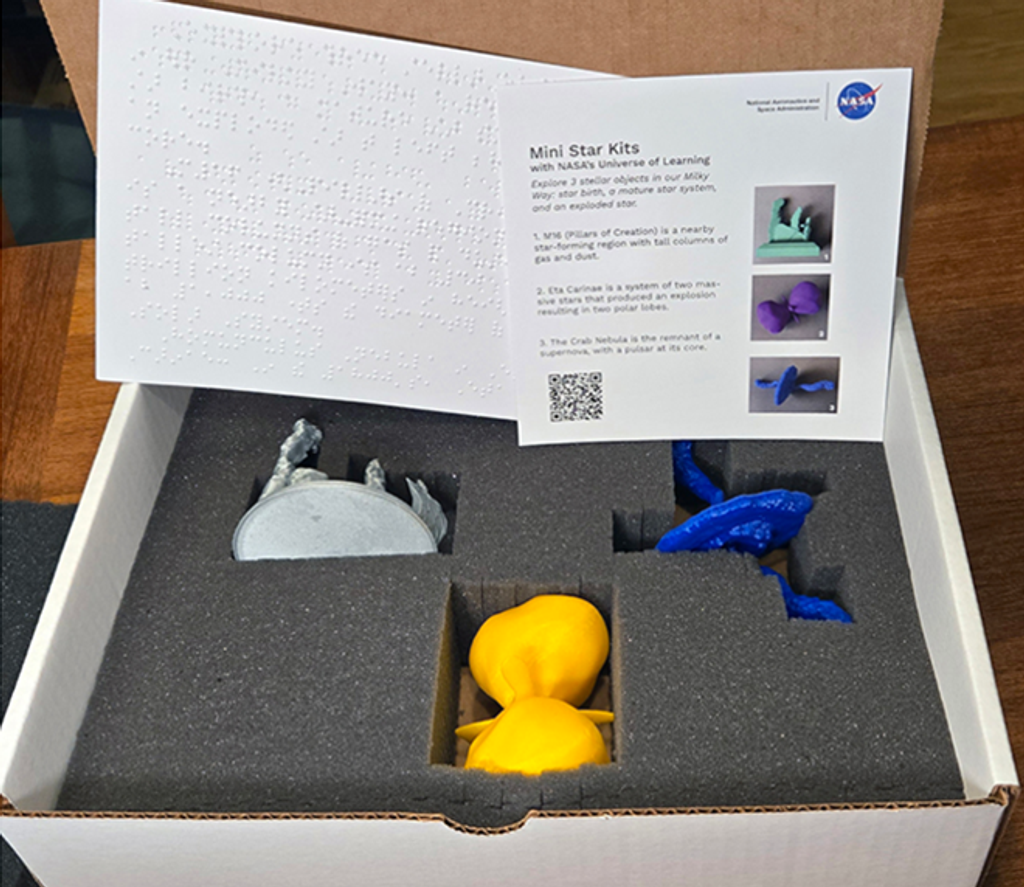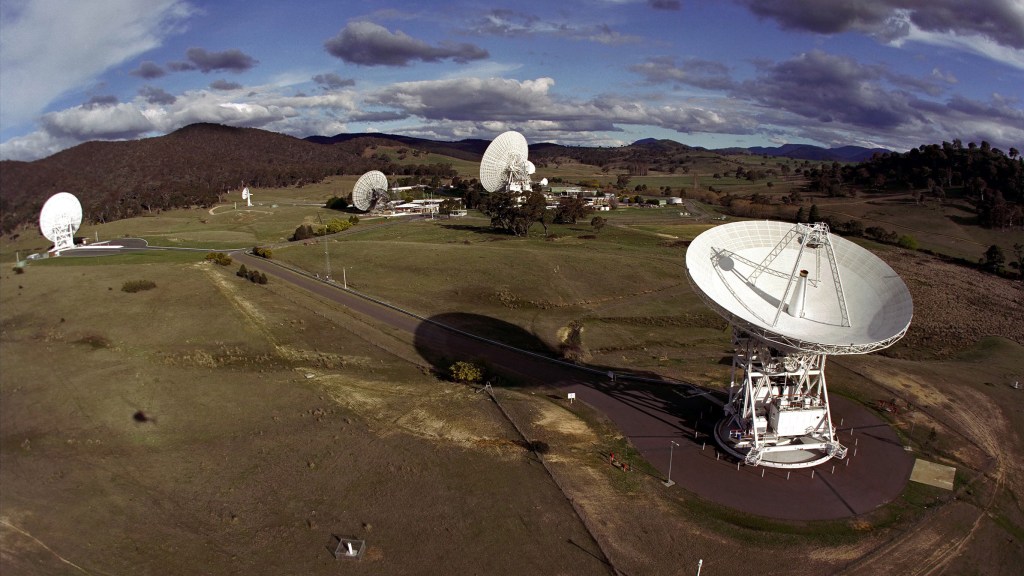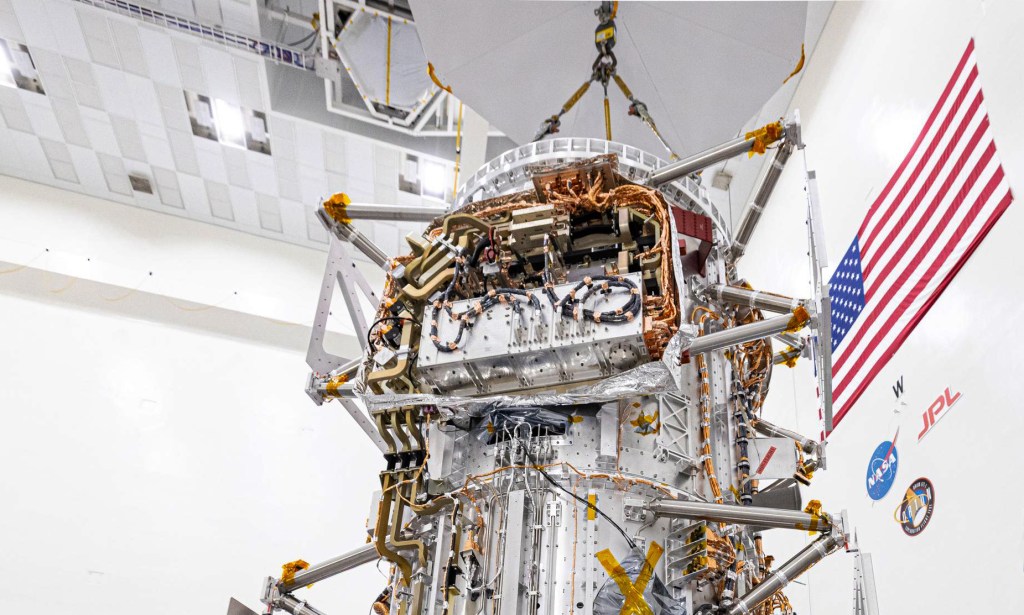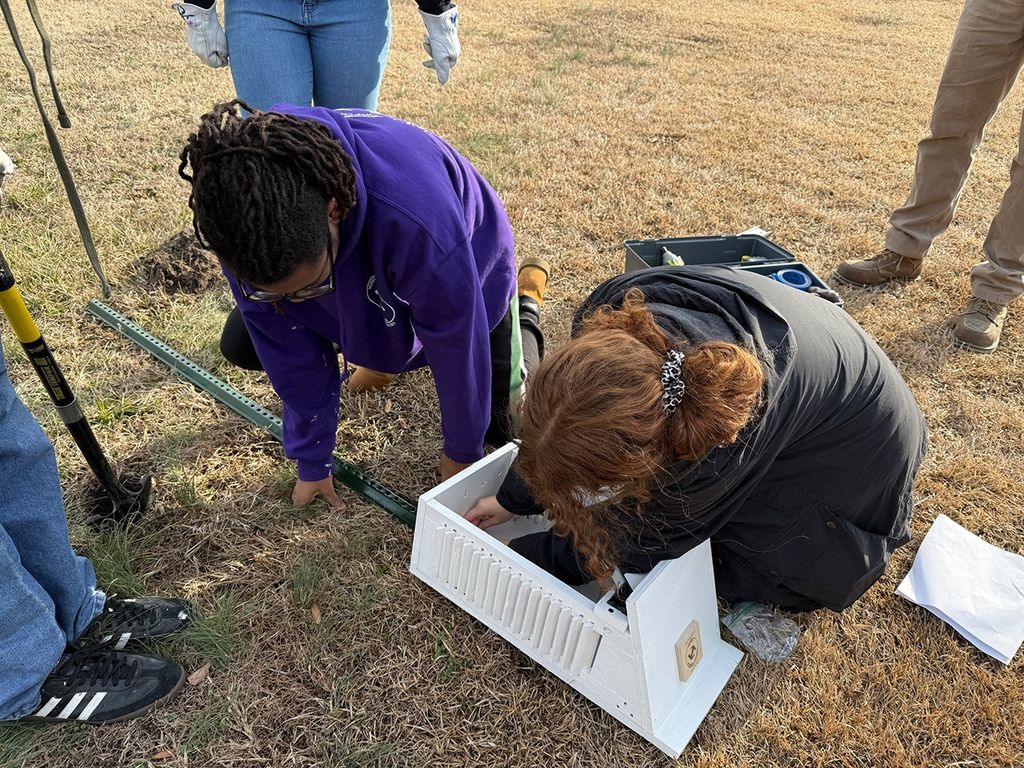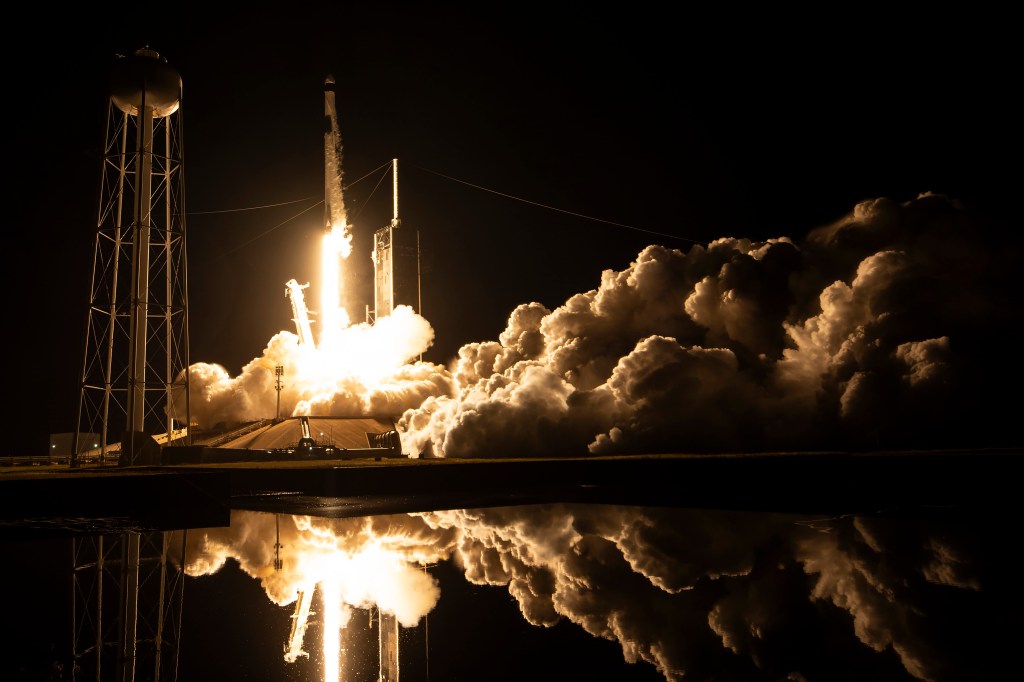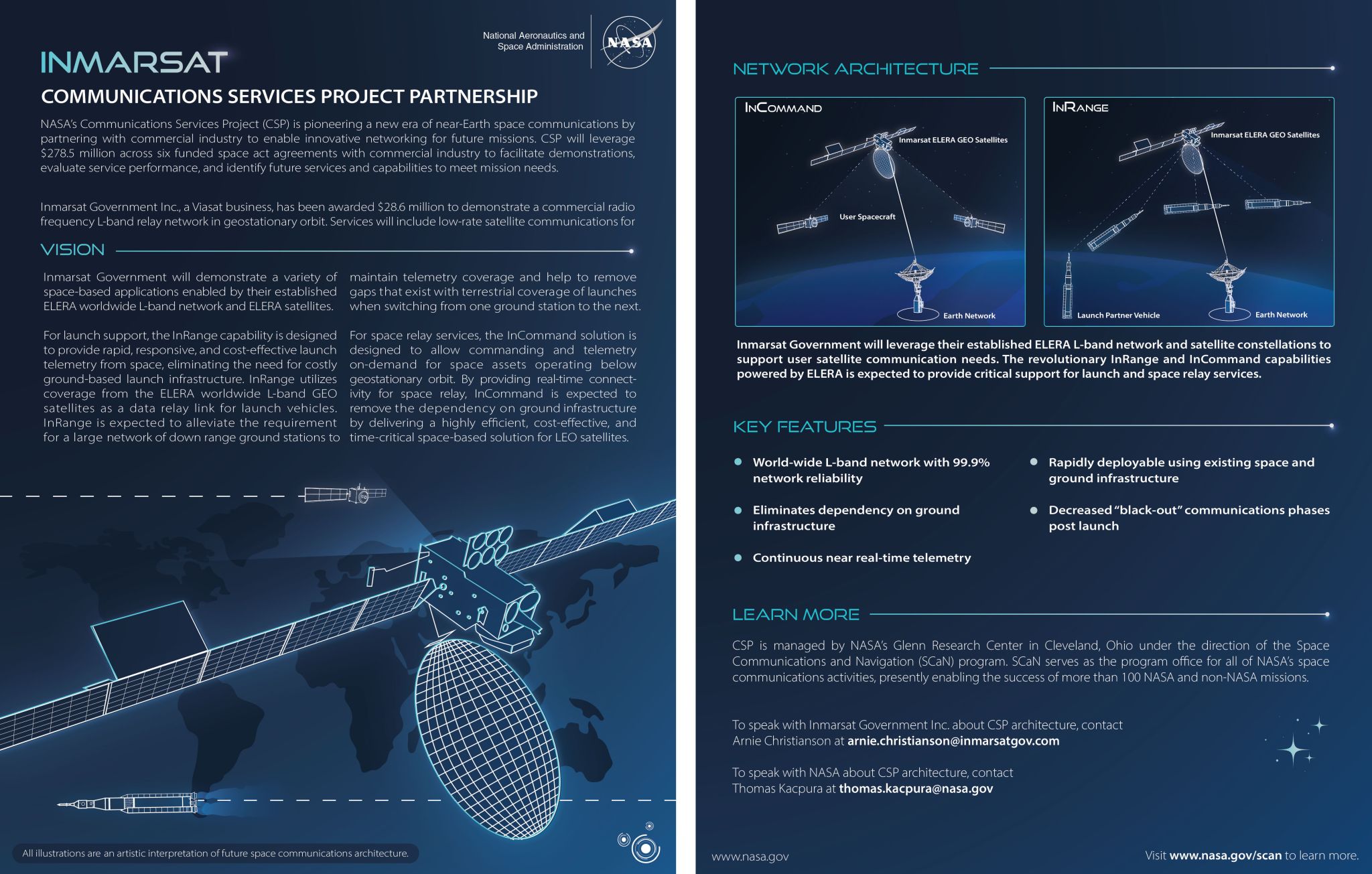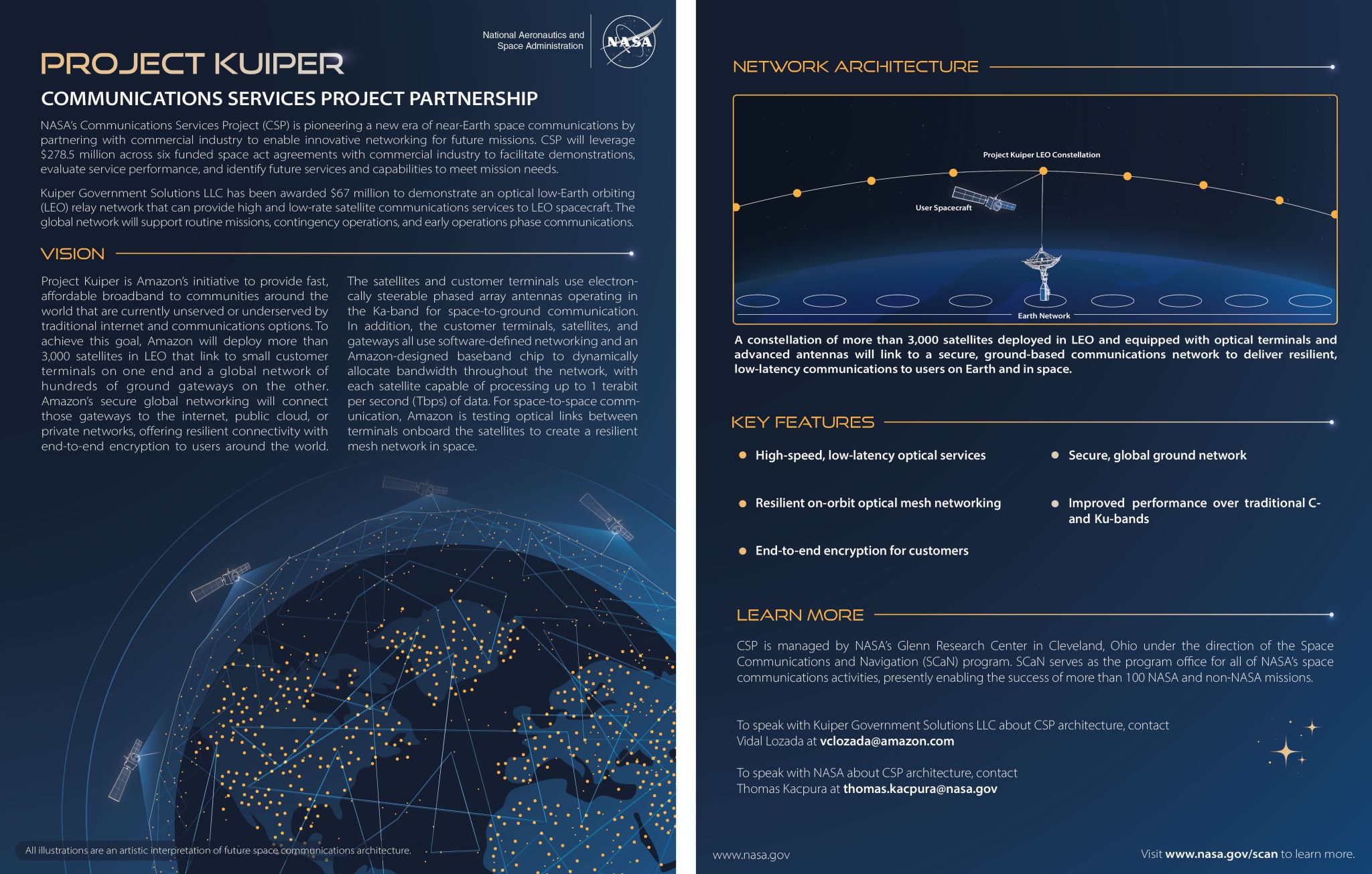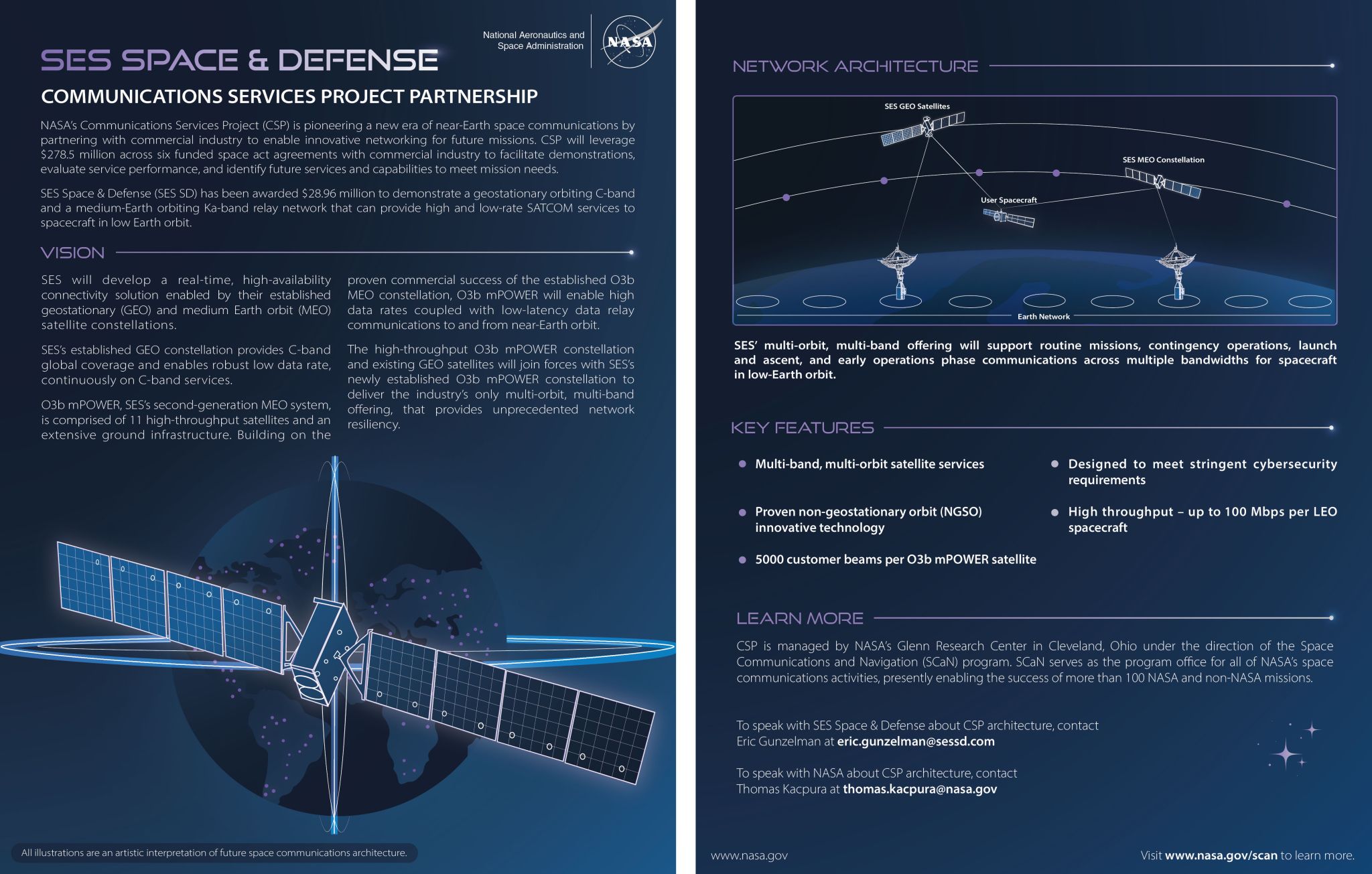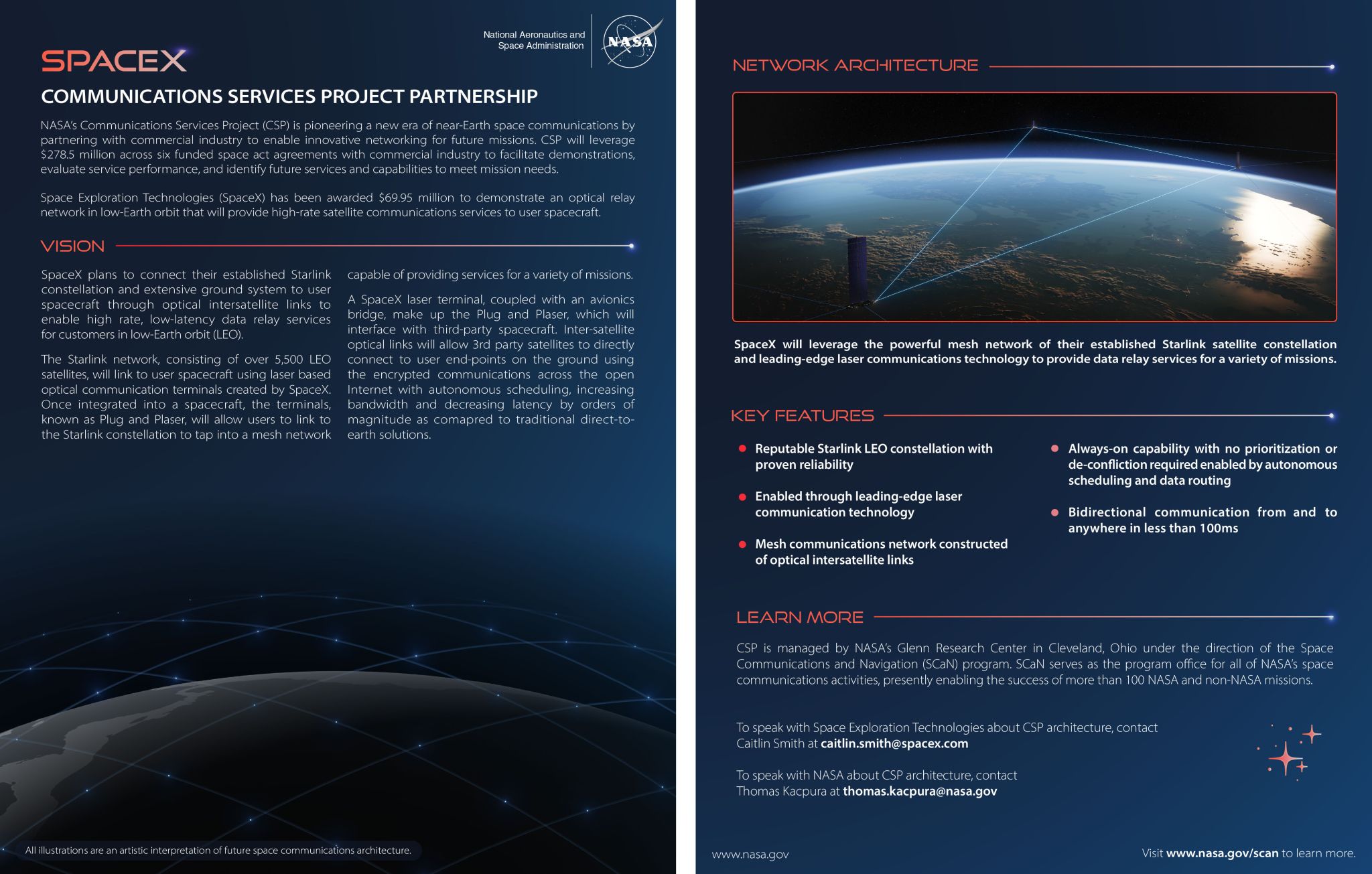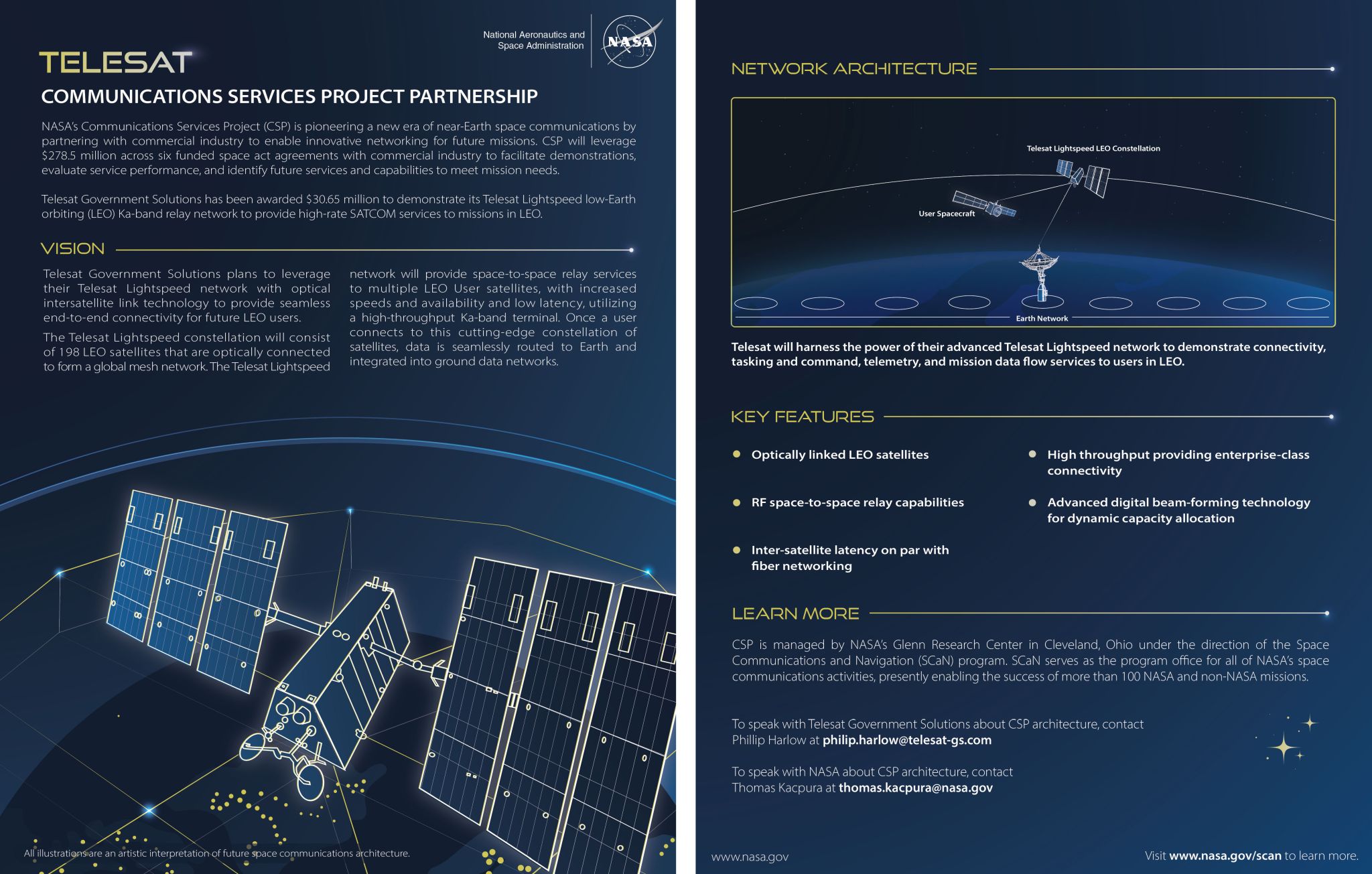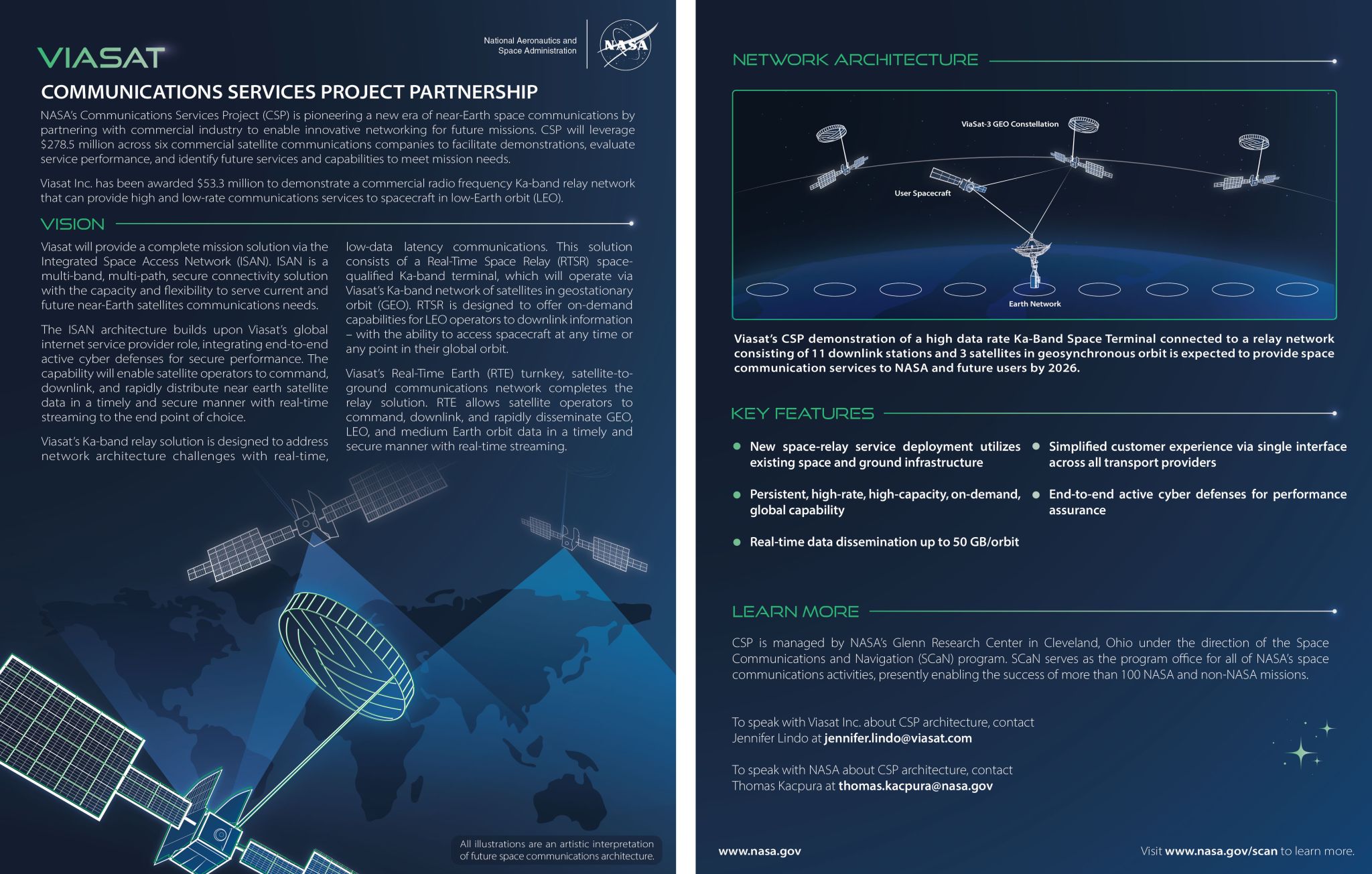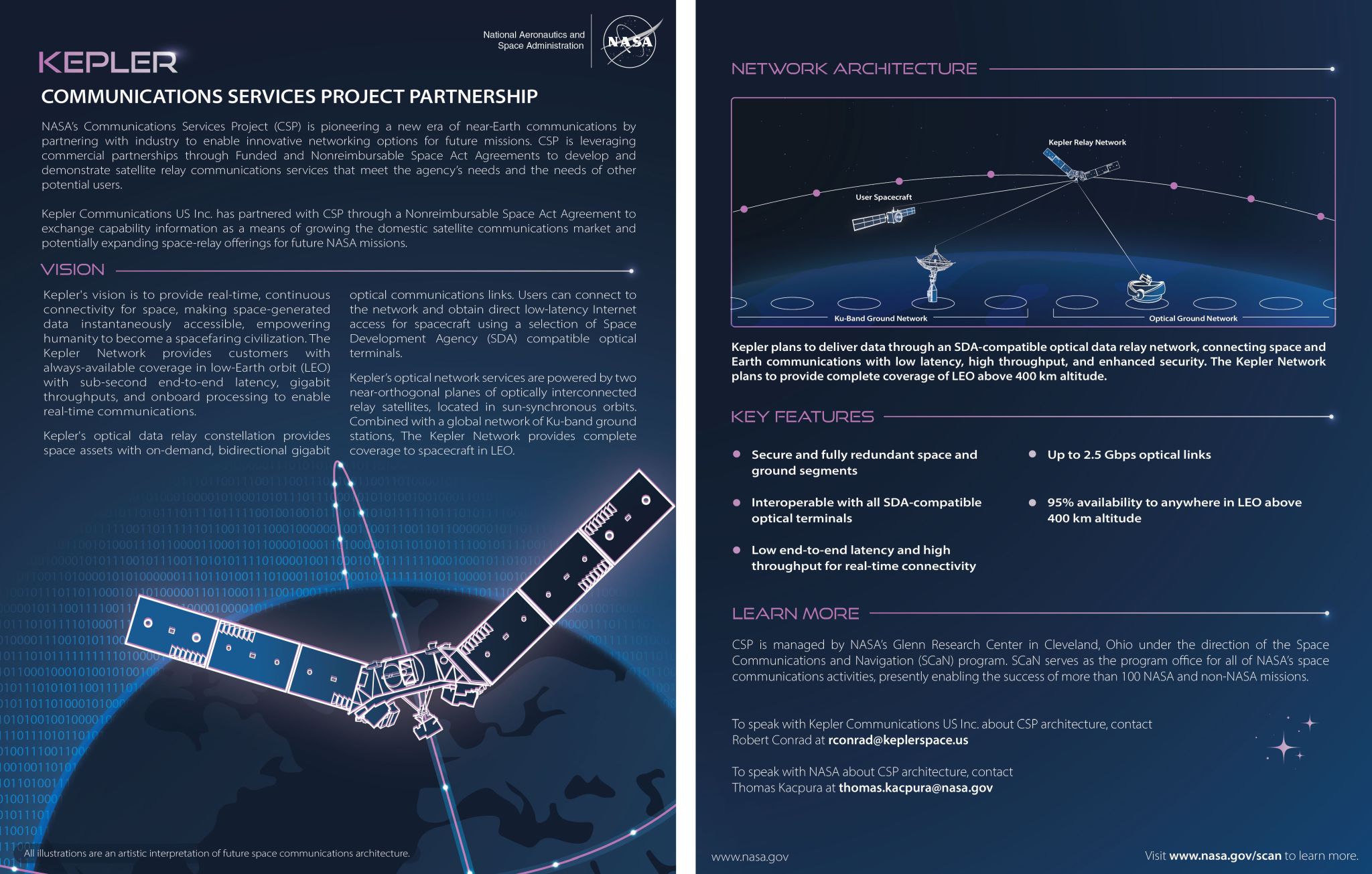Overview
NASA’s Communications Services Project, known as CSP, is pioneering a new era of space communications by partnering with industry to provide commercial space relay communications services for NASA missions near Earth. CSP’s goal is to validate and deliver these commercial communication services to the Near Space Network by fiscal year 2031. To meet this goal, CSP provided $278.5 million in funding to six domestic partners to develop and demonstrate space relay communication capabilities.
CSP aims to deliver innovative capabilities to meet NASA mission needs, while simultaneously supporting the growing commercial space communications market in the United States. CSP intends for future commercial space relay communication services to also support other government agencies and commercial space flight companies, further bolstering the domestic space industry.
Capability Development and Demos
CSP’s Capability Development and Demonstration (CDD) sub-project is responsible for ensuring commercial space relay capabilities will be available to support NASA missions and ready for validation in fiscal year 2031. The CDD sub-project also conducts insight into industry activities, primarily through partnership agreements such as the Funded Space Act Agreements (FSAAs) CSP established with six industry partners.
To contact the CSP Capability Development and Demonstrations team, email the Capability Development and Demonstration Sub-Project Manager, Aaron Yingling, aaron.j.yingling@nasa.gov
Mission Support
CSP’s Mission Support (MS) sub-project supports NASA missions as they prepare to make the transition to commercial space relay communication services. The MS sub-project leads CSP’s Commercial Services User Group and conducts simulations to help mission better understand the benefits and impacts of transitioning to commercial communication services. In addition, the MS sub-project facilitates demonstrations between early-adopter NASA missions and commercial service providers.
To contact the CSP Mission Support team, email Mission Support Sub-Project Manager, Kevin Burns, kevin.j.burns@nasa.gov.
Service Infusion
CSP is developing a set of service requirements that commercial providers must meet before they can provide operational services to NASA missions. The CSP Service Infusion (SI) sub-project is responsible for developing, and coordinating, these service requirements with key stakeholders including the mission community, the Near Space Network, and NASA’s mission directorate leadership. The CSP SI sub-project is also responsible for validating commercial services and transitioning these services to the NSN for operational use.
To contact the CSP Service Infusion team, contact Service Infusion Sub-Project Manager, Jennifer Rock, jennifer.l.rock@nasa.gov.
Near Earth Operations Testbed
CSP’s Near Earth Operations Testbed (NEO-T) sub-project develops advanced hardware-in-the-loop emulation capabilities that allow NASA missions interact with commercial space relay communication services from the comfort of the laboratory. NEO-T will allow direct connections between mission hardware and actual commercial provider systems, and supports missions from planning through system integration phases, and beyond.
To contact the CSP Near Earth Operations Testbed team, email the NEO-Testbed Sub-Project Manager, Nang Pham, nang.t.pham@nasa.gov.
Funded Space Act Agreement Partners
NASA’s Communications Services Project has six Funded Space Act Agreements (FSAA) with industry partners to develop and demonstrate commercial space relay communication services.
Inmarsat Government Inc.
Inmarsat Government will demonstrate a variety of space-based applications enabled by their established ELERA worldwide L-band network and ELERA satellites.
Kuiper Government Solutions LLC
Kuiper will deploy over 3,000 satellites in low-Earth orbit that link to small customer terminals on one end and a global network of hundreds of ground gateways on the other.
SES Space & Defense
SES will develop a real-time, high-availability connectivity solution enabled by their established geostationary and medium-Earth orbit satellite constellations.
Space Exploration Technologies
SpaceX plans to connect their established Starlink constellation and extensive ground system to user spacecraft through optical intersatellite links for customers in low-Earth orbit.
Telesat U.S. Services LLC
Telesat plans to leverage their Telesat Lightspeed network with optical intersatellite link technology to provide seamless end-to-end connectivity for low-Earth orbit missions.
Viasat Incorporated
Viasat’s Real-Time Space Relay service, enabled by the anticipated ViaSat-3 network, is designed to offer a persistent on-demand capability for low-Earth orbit operators.
Nonreimbursable Space Act Agreement Partners
CSP is also formulating non-reimbursable Space Act Agreements with members of industry to grow the domestic SATCOM market, potentially expanding future space-relay offerings for NASA missions.
Kepler Communications US Inc.
Kepler Communications US Inc. plans to deliver data at lightspeed with a Space Development Agency-compatible optical data relay network, connecting space and Earth communications with low latency, high throughput, and enhanced security. The Kepler Network plans to provide complete coverage of all low-Earth orbit above 400 km altitude.
Contact Us
CSP is managed by NASA’s Glenn Research Center in Cleveland, Ohio, under the direction of NASA’s Space Communications and Navigation (SCaN) program. SCaN serves as the program office for all of NASA’s space communications activities, presently enabling the success of more than 100 NASA and non-NASA missions.
To contact NASA’s Communications Services Project, email the CSP Deputy Manager, Tom Kacpura, thomas.kacpura@nasa.gov.
To contact the Space Communications and Navigation program, email scan@nasa.gov.


